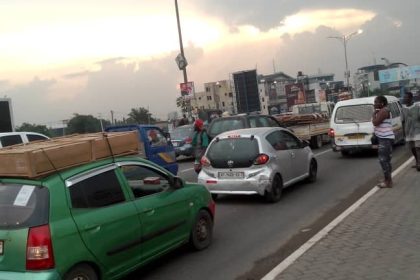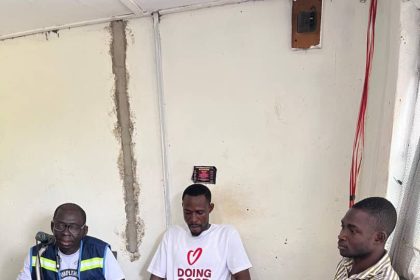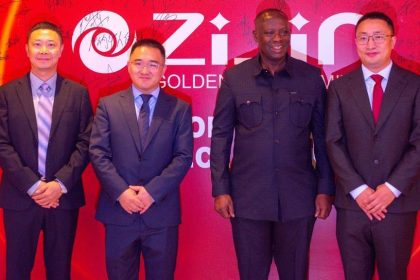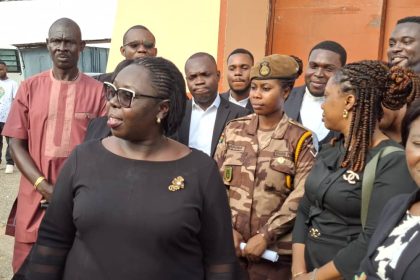Health professionals have raised concerns over delayed breast cancer detection in parts of the Eastern Region due to limited screening access and persistent beliefs in witchcraft.
This was revealed during a community health outreach organised by the Muslimah Mentorship Network at Paakro in the Akuapim South District, as part of Breast Cancer Awareness Month activities.
The event brought together women from Fante Town, Abaase, and Adjinase Piem electoral areas for a breast screening exercise.
Dr Abdul Wadud Mohammed, who led the screening, said superstition and poor access to medical facilities were major barriers to early diagnosis.
“Many women delay seeking medical help because they believe breast cancer is spiritual or caused by witchcraft.
“Others prefer herbal remedies until it’s too late. These beliefs are dangerous because early detection is what saves lives,” he said.
Dr Mohammed said the medical team educated participants on self-breast examination techniques and encouraged them to seek professional help when they noticed unusual changes.
“We taught them to check for lumps, nipple discharge, or changes in the breast skin. We also urged regular hospital visits for screening and advised families to support women to do so,” he said.
Ms. Samira Mastura Sulleman, a senior public health nurse from Manna Mission Hospital, said six women were referred for further tests after suspicious signs were detected.
“Some of the women had lumps or nipple discharges that required further checks. They were referred for mammograms and biopsies to rule out cancer,” she said.
Ms. Sulleman expressed concern over the continued preference for herbal treatments and spiritual interpretations of breast conditions.
“We heard several say they would rather try herbs first. That mindset is dangerous. When women delay hospital visits, the disease often advances before they get medical help,” she cautioned.
Ms. Bilkis Nuhu Kokroko, Founder of the Muslimah Mentorship Network, said the programme was designed to support women and girls in underserved communities with limited access to health services and guidance.
“Our goal is to reach communities where women rarely go for medical checks and where girls also need direction and mentorship,” she said.
“We see this as a mother-daughter approach. Mothers benefit from medical care and health education, while the girls learn about responsibility and the importance of staying focused on their education,” she added.
Ms. Kokroko said the Network would continue organising community outreaches to promote preventive health and empower young women to make informed choices.
“We want to build communities where women take charge of their health and girls take charge of their future,” she said.
Mr. Abdul Lateef Saeed, Assembly Member for Fante Town Electoral Area, commended the Network for bringing health professionals to the community, describing the outreach as the first major breast cancer screening exercise in the area.
“Women from Fante Town, Abaase, and Adjinase Piem all gathered here for this exercise. It has helped dispel some of the long-held myths that breast cancer is spiritual. Now people know it’s a medical issue,” he said.
He called for stronger collaboration between health authorities and community leaders to sustain education and screening efforts.
“We need more of these initiatives to reach people who rarely visit hospitals,” he said. “It’s the only way to change attitudes and save lives.”
Mentors from the Muslimah Mentorship Network also held interactive sessions with teenage girls on issues affecting their wellbeing, including teenage pregnancy, menstrual hygiene, peer influence, drug use, and early relationships.
The girls were encouraged to prioritise education, make responsible decisions, and seek guidance from mentors and trusted adults when facing challenges.
GNA






